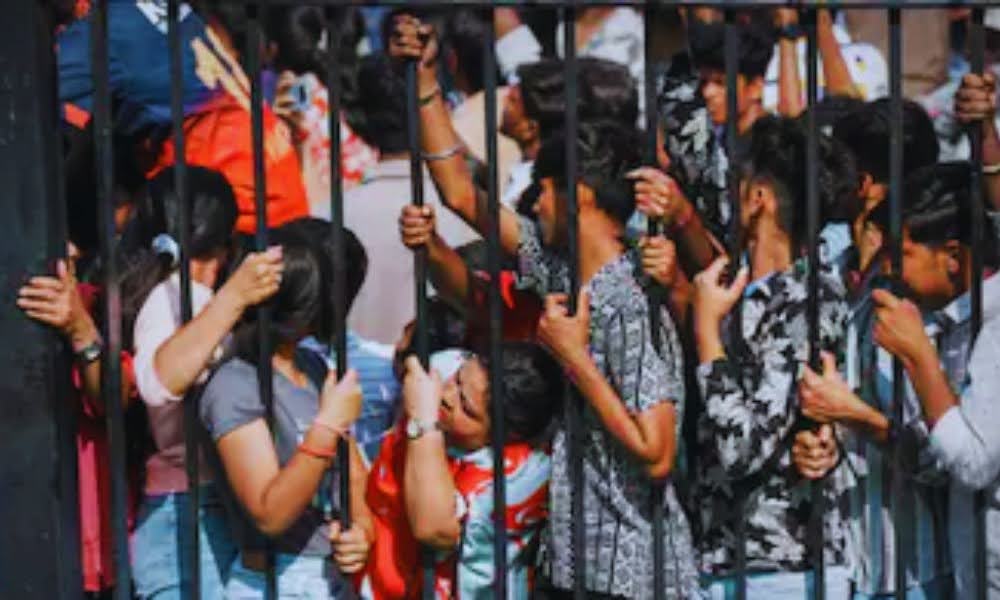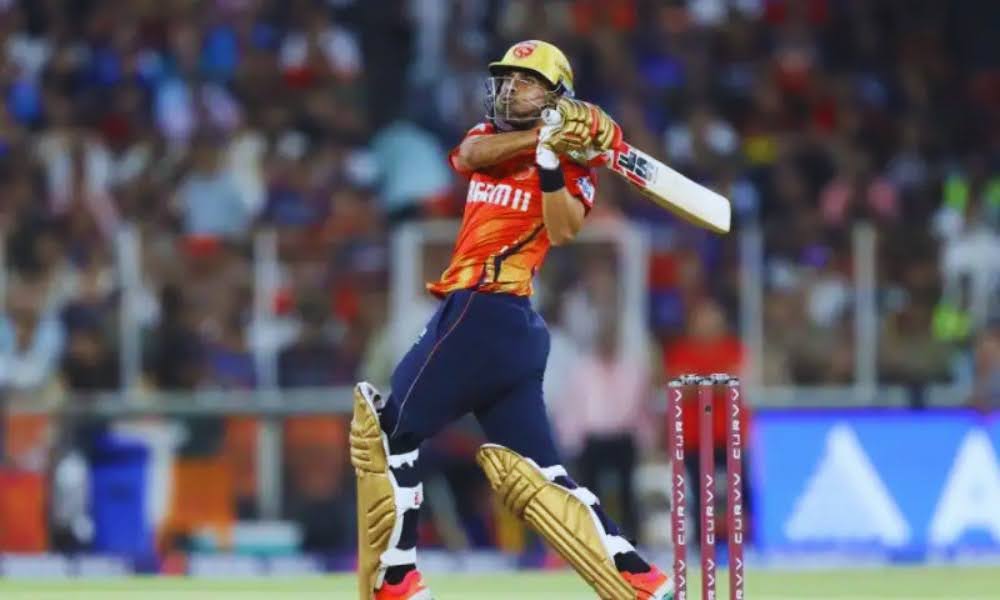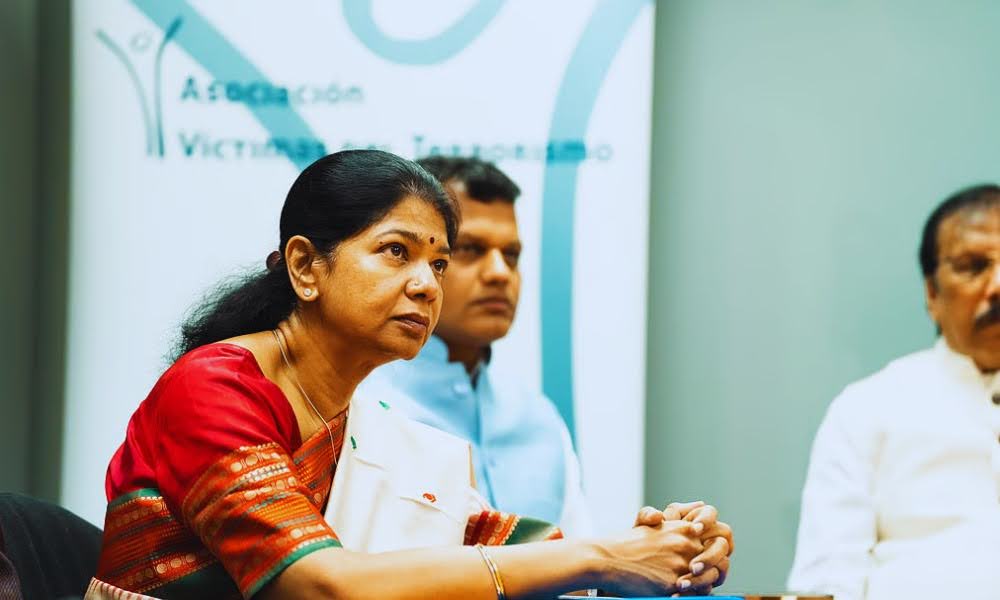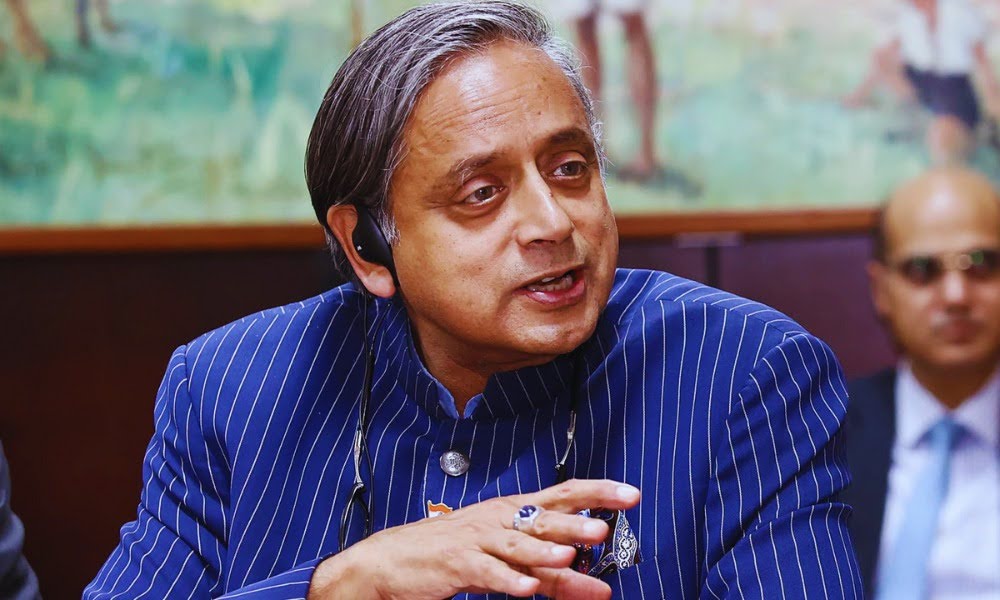Priyanka vs. Rahul: A Look Back at Rahul Gandhi’s 2005 Parliamentary Debut Speech
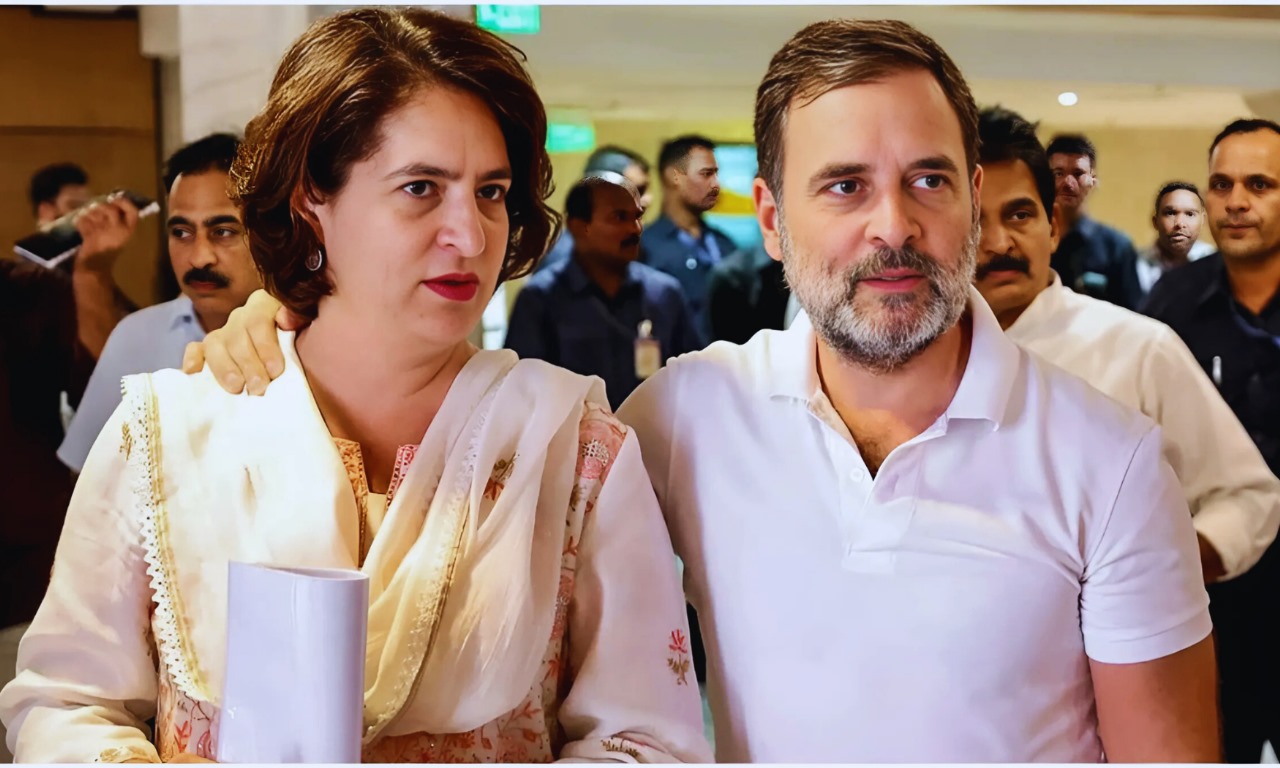
Wayanad MP Priyanka Gandhi Vadra’s first speech in Parliament has drawn attention, earning praise from her brother and Leader of Opposition, Rahul Gandhi.
Speaking to reporters after her address, Rahul remarked, “Wonderful speech… Better than my maiden speech, let us put it like that.”
Rahul’s comment was a nod to the stark differences between their parliamentary debuts.
While his initial speech as an MP from Amethi in 2005 was brief and focused on a local issue, Priyanka’s maiden address spanned 32 minutes and touched on national unity, women’s empowerment, and the need to uphold constitutional values.
Rahul Gandhi’s First Speech in Parliament
Rahul Gandhi delivered his first speech in Lok Sabha on March 21, 2005, addressing the plight of sugarcane farmers. He spoke during Zero Hour, after Yogi Adityanath, who raised concerns about cow shelters.
Rahul began by saying, “Sir, kindly permit me to raise, during the Zero Hour, a matter relating to the sugarcane farmers of our country.”
Highlighting the challenges faced by sugarcane growers, he added, “The cane growers work hard and contribute immensely to our economy.
It is the responsibility of the State Government to ensure that our farmers get the correct price for their produce. The Uttar Pradesh Government made a statement in the Supreme Court on 11th January, 2005 stating that the private sugarcane mills had paid all the arrears to the cane farmers of Uttar Pradesh.
However, the Uttar Pradesh Cane Commissioner has recently said in ‘Aajtak’ that a sum of Rs 517 crore, which were the arrears for the year 2002-03, has not yet been paid. This is extremely unfair to our farmers.”
Rahul concluded by urging the central government to ensure compliance with the Supreme Court’s directions on clearing arrears. The then Speaker, Somnath Chatterjee, complimented him on his debut speech.
Priyanka Gandhi’s Comprehensive Address
In stark contrast, Priyanka Gandhi’s maiden speech was longer and addressed a broader range of issues.
Speaking during a discussion on the 75th anniversary of the adoption of the Constitution, she paid tribute to soldiers who died in the 2001 Parliament attack and criticized the government’s policies over the past decade.
Calling the Constitution a “Suraksha kavach” (protective shield), Priyanka accused the ruling government of attempting to weaken it. She stated, “In the last 10 years, the Union government has made all attempts to break down the ‘kavach.’”
She also emphasized the need for a caste census, saying, “A caste census is the need of the hour, yet they trivialize it by discussing things like mangalsutras. Today, people of the country are demanding that there be a caste census.”
Addressing Broader Concerns
Priyanka’s speech also included a call for reforms in election practices. She suggested, “Conduct elections through a ballot, and the truth will be revealed.”
She criticized the BJP-led government’s policies on reservation, alleging attempts to weaken it through lateral entry and privatization.
In her speech, Priyanka referred to victims of violence in Sambhal, recounting their dreams of educating their children. This poignant mention underscored her focus on inclusivity and empowerment.
Comparing the Two Parliamentary Debuts
Rahul Gandhi’s maiden speech was concise, highlighting an issue critical to his Amethi constituency: the challenges faced by sugarcane farmers.
At the time, the Congress-led UPA was in power at the Centre, while Mulayam Singh Yadav’s Samajwadi Party governed Uttar Pradesh.
Priyanka’s speech, on the other hand, was reflective of her position as a national leader.
She tackled criticism regarding historical events like the Emergency, highlighted the contributions of Congress stalwarts like Jawaharlal Nehru and Indira Gandhi, and directly challenged the ruling government on its policies.
Zero Hour: A Parliamentary Tradition
Both Rahul and Priyanka delivered their debut speeches during Zero Hour, a unique Indian parliamentary practice.
As noted by Chakshu Roy of The Indian Express, Zero Hour originated in the early days of Indian Parliament, allowing MPs to raise issues without prior notice.
This practice continues to provide legislators a platform for addressing pressing matters, often related to their constituencies or national concerns.



